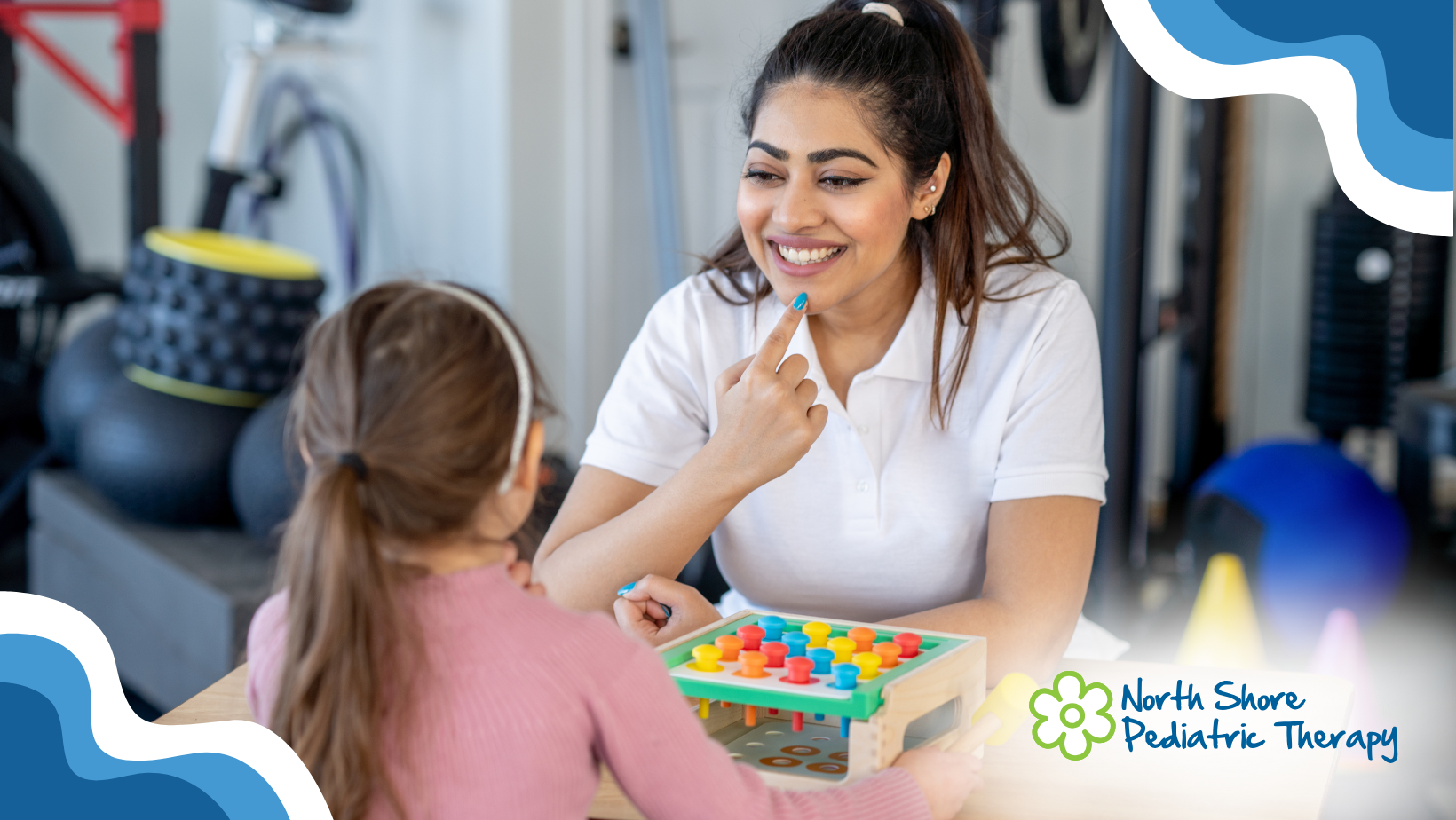Building up a child’s self-esteem is important for all children within typical development, however this may require special attention for children with speech and language disorders. Self-esteem is important as it affects how a person feels about themselves and ultimately how they behave and act.
For a child with a speech or language disorder, maintaining a high self-esteem may be difficult.
In a study completed by Jerome, Fujiki, Brinton and James, it was found that children with specific language impairments have a significantly lower perception of themselves than their typically developing peers by the age of 10 (2002). This difference in self-esteem was especially evident in the areas of academic competence, social acceptance and behavioral skills. Being aware of a child’s vision of their own self-worth is important for all adults in a child’s life – parents, teachers, clinicians, etc. Low self-esteem could have a negative impact on a child’s social relationships, mental health and academic performance.
The classroom offers a unique and accessible environment to provide a child with positive interactions to improve his or her self – esteem.
Here are some simple tips to implement during your daily classroom life which may have a positive effect on a child’s self-esteem:
- Make time for one on one interactions with the child. Demonstrate that you are actively listening. Maintain eye contact and acknowledge what the child says. These are important components of listening.
- Provide positive praise for things the child does, whether the actions or big or small.
- Educate other students on speech and language disorders. As a teacher, you could hold a peer educational day in order to increase children’s understanding of their peers.
- Be a role model for other students by demonstrating how to communicate with someone who at times may be difficult to understand. Try to concentrate and be patient with the child. Set up positive social interactions between the child and an appropriate peer.
- When possible try to decrease frustrations for the child by eliminating distractions and giving the child enough time to communicate. Speak with his or her speech-language pathologist to better understand the errors the child typically makes when communicating. Importantly, try not to finish the child’s sentences, rather than letting the child speak for him or herself.
If a child’s low self-esteem is judged to be significantly interfering with a child’s ability to perform in academic and social situations, additional steps should be taken. Observing a speech-language pathologist interact with the child may provide further suggestions for successful communication. Contact a social worker through North Shore Pediatric Therapy for additional support.
Reference: Jerome, A. C., Fujiki, M., Brinton, B., & James, S. L. (2002). Self-esteem in children with specific language impairment. Journal of Speech, Language, and Hearing Research, 45, 700 – 714.















